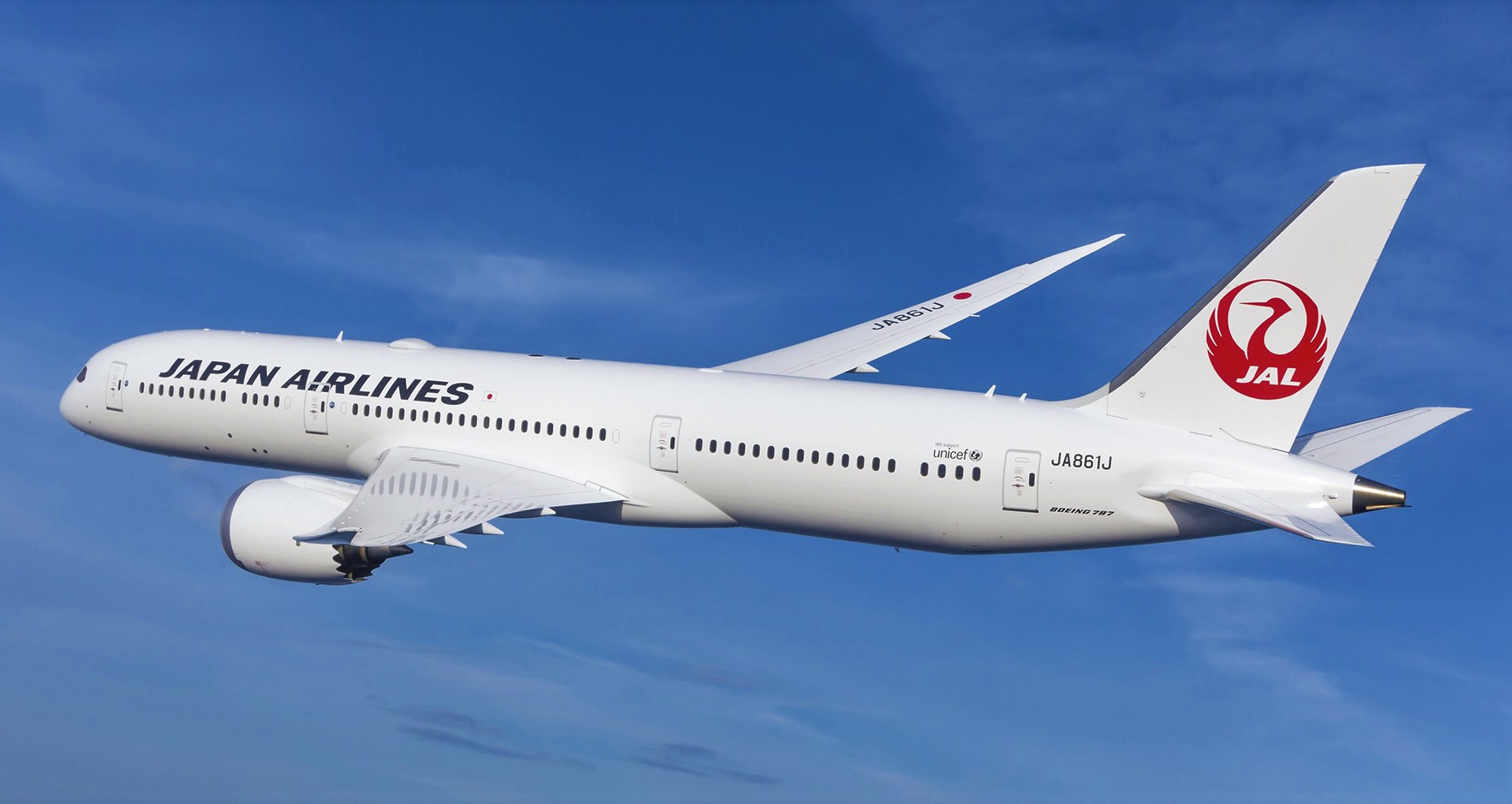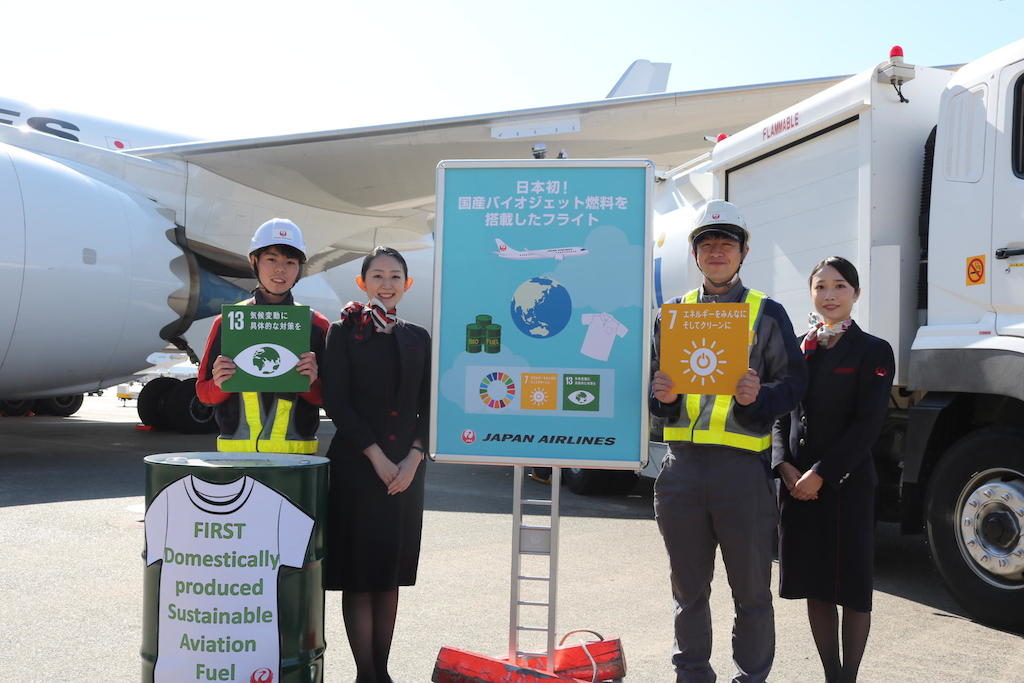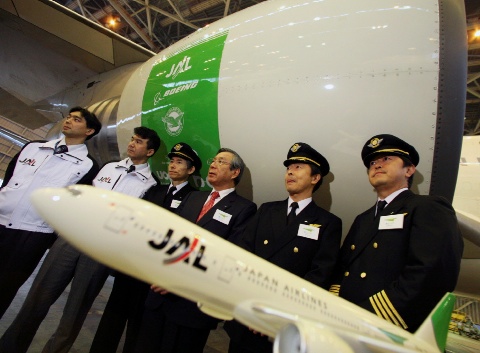


In an Effort to reduce its carbon foor prints, Japan Airlines - JAL, plans to use sustainable aviation fuels, or SAF, including biofuels, in domestic flights by 2040 .
Also, under a plan to achieve carbon neutrality in 2050, the Japanese airline is also seeking to use hydrogen powered small aircrafts from 2035.
The alternative energy sources under consideration are fuel derived from waste plastic as well as one made from waste oil and household garbage. By 2030, JAL is aiming to make sure such fuels account for 10 percent of the airline's energy use.

Sustainable aviation fuel production in japan.
Partnerships and efforts :
JAL is already working with trading house Marubeni Corp. in the development of waste plastic-derived fuel with its production goal set for around 2027.
A growing number of companies are stepping up their efforts to reduce greenhouse gas emissions in line with Japan's goal of bringing carbon dioxide emissions to net zero by 2050.
In an effort to cut CO2 emissions, JAL is expected to include the road map in its mid-term business plan to be unveiled May 7, according to the sources.
For now, companies import jet fuel from overseas. Facilitating the switch from conventional jet fuel to a new type of fuel from waste plastic still presents a host of challenges.
JAL is considering tapping a government-led 2 trillion yen ($18 billion) fund designed to spur innovation to tackle environmental issues, the sources said.
Earlier in June last year, JAL had announced its goal of reducing CO2 emissions to net zero in 2050, with one of its effort is scaling down the use of plastic. Other planned efforts include switching to aircraft with better fuel efficiency and introducing new fuels.

1. CO2 reduction
At least 80% CO2 emissions reduction can be achieved compared to conventional jet fuel. The source of carbon is important . Fossil fuels release additional carbon that was previously stored in reservoirs. SAF recycles CO2 emissions that were emitted previously and subsequently absorbed from the atmosphere during biomass production.
2. Improved fuel efficiency
Studies are bringing up statistics that, sustainable aviation fuel has a higher energy density than conventional jet fuel. On top of that, SAF yields an improved fuel efficiency (1.5% – 3%), resulting in higher payload conditions or extended range.
3. Improved local air quality
In addition to the reduction of total life cycle CO2 emissions, SAF can also reduce direct emissions: particulate matter (PM) with up to 90% and sulphur (SOX) with 100%, compared to conventional jet fuel. Reducing these emissions both impact local air quality, in particular in areas near to airport.
4. Benefits of a regional SAF supply chain.
Additional benefits include a region’s increased energy security, reduced volatility of jet fuel supply and price, and economic development through investments and job creation.
